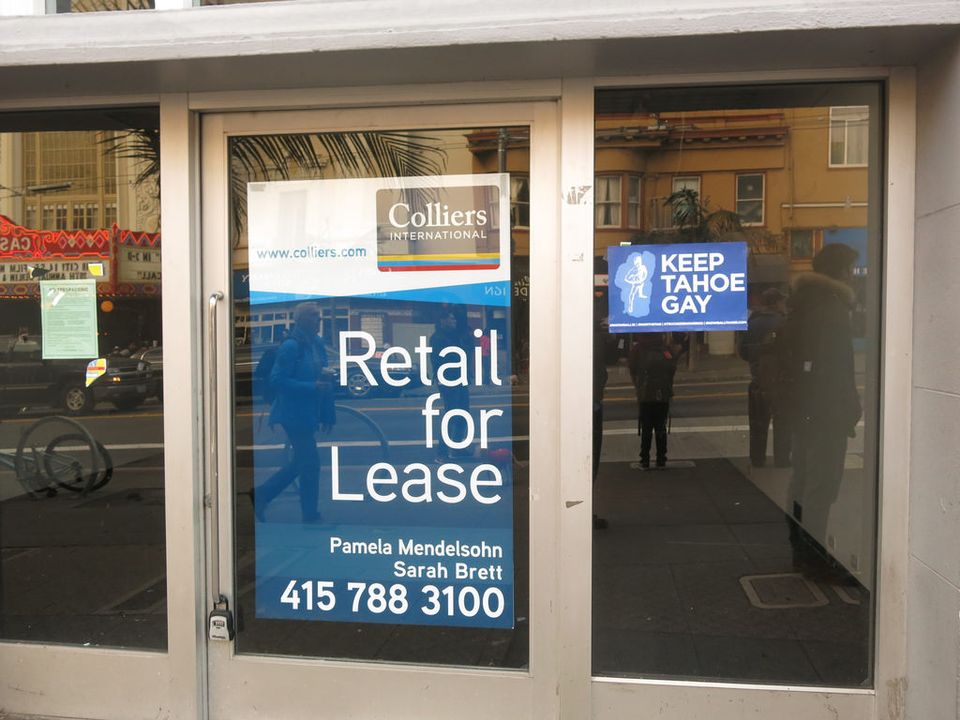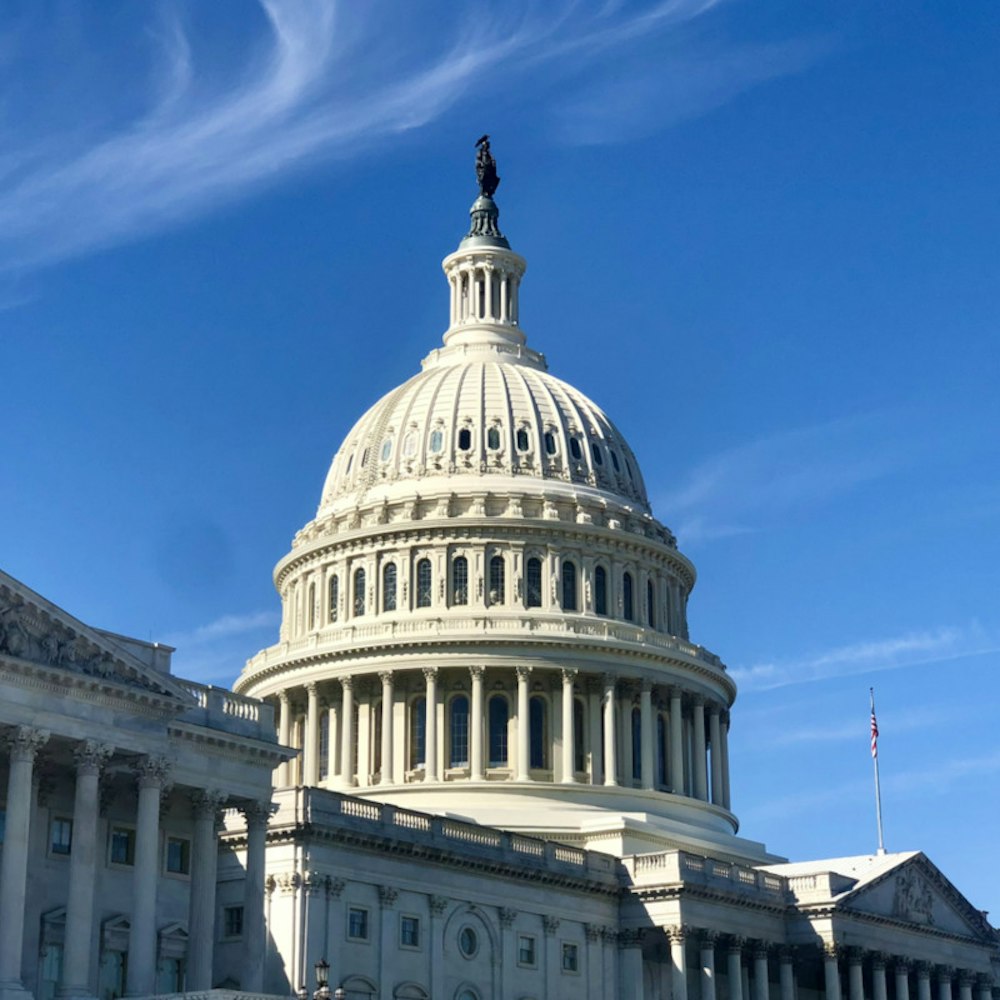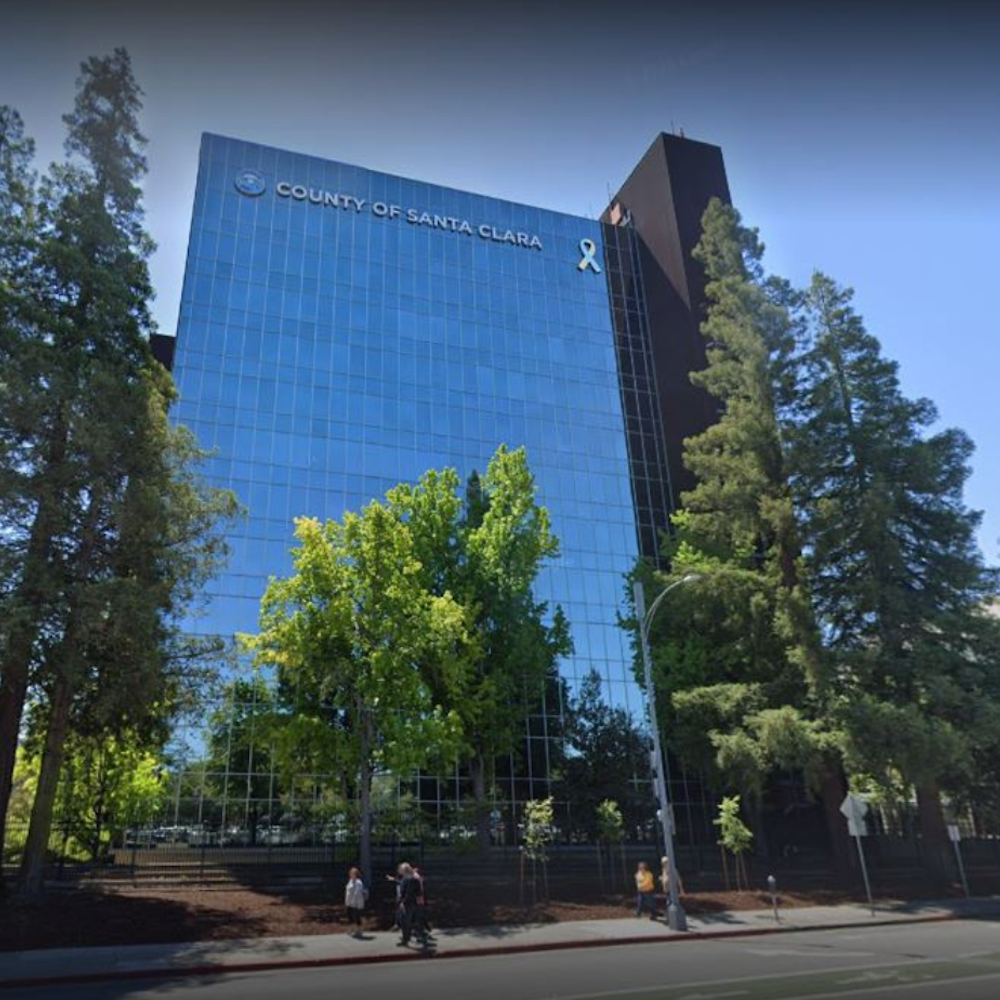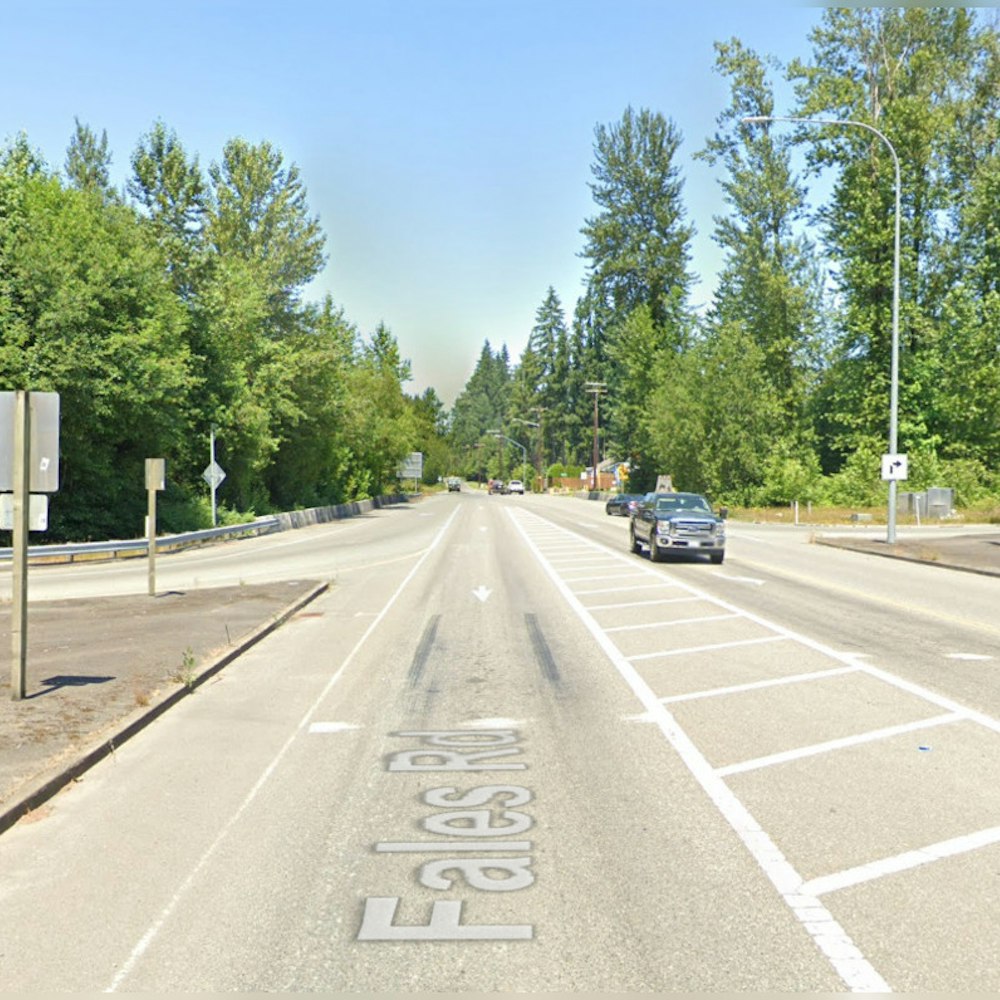
A report concluding that ordinances for vacant commercial spaces haven't produced significant results will be up for discussion at a Board of Supervisors' Land Use and Transportation committee hearing on Monday.
The study, commissioned by Supervisor Norman Yee (District 7), shows that since the Board adopted a Vacant or Abandoned Building Registration Ordinance in 2009 and a similar measure in 2014 for commercial properties, the number of empty storefronts hasn't been substantially reduced.
“In my district and across the city, storefronts left vacant for not only months, but years, have a terrible impact on surrounding businesses, the feel and even safety of a neighborhood,” said Supervisor Sandra Lee Fewer in a statement.
The vacant and abandoned building registration program is managed by the Department of Building Inspection (DBI), but many owners don't comply, and it's not strictly enforced, according to the report (PDF).
“Our commercial corridors are the lifeblood of our districts," said Yee. "Commercial vacancies create blight and can drag entire blocks down.”

According to DBI, owners of properties vacant for 30 days or more are required to register them with the department.
Vacant property owners must pay an annual registration fee, maintain insurance, collect trash, and protect the building from damage, infestations and unauthorized entry so properties can be brought back up to code and "returned to community use."
Yet, Yee's report found that in 2016, DBI reported only 28 vacant commercial buildings and 25 empty storefronts across the entire city. In the Richmond and Central Mission districts, DBI didn't record any unoccupied storefronts during that time period.
The report also states that the department—along with other city agencies—lack a comprehensive listing of vacancies in which to corroborate detailed statistics, and suggests that DBI relies mainly on citizen complaints to identify long-term vacancies.
After a vacancy is identified, DBI does not have a way to monitor progress to see if a property returns to community use. Additionally, there's no online presence where the public can view addresses with long-term vacancies.
The session will be followed by a separate hearing led by District 4 Supervisor Katy Tang on the state of retail business "and recommendations for supporting businesses during a time of change and uncertainty."
The Land Use and Transportation Committee hearing meets in Room 250 at City Hall, Monday, February, 5th at 1pm.









-1.webp?w=1000&h=1000&fit=crop&crop:edges)